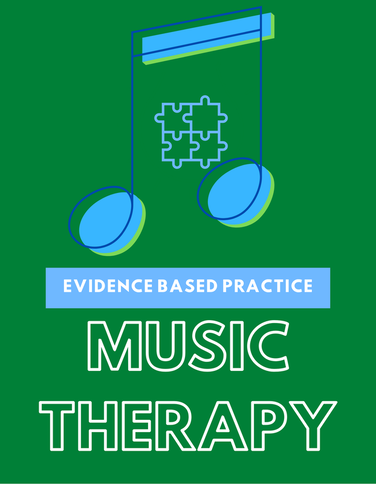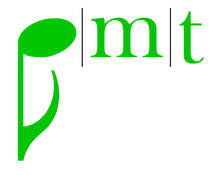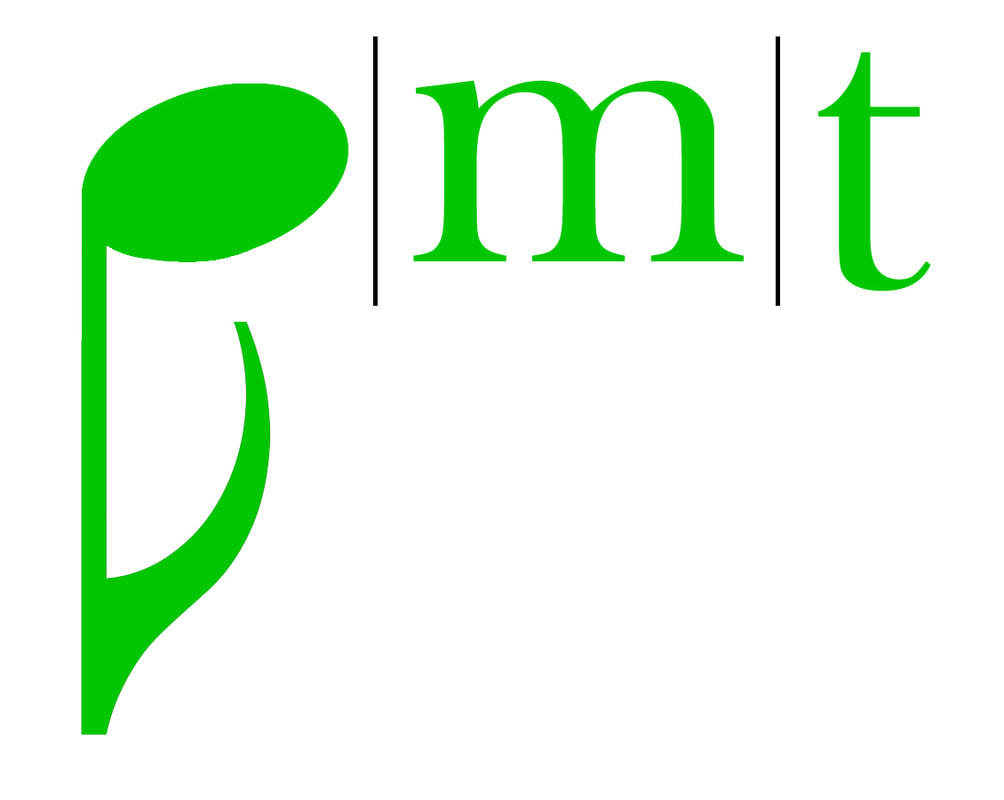Music Therapy Listed as Evidence-Based Practice for Children with Autism Spectrum Disorders6/9/2020 written by: Melissa Reinhardt, MSED, MT-BC Recently, music therapy was recognized as an evidence-based practice (EBP) for children (ages 0-14) with Autism Spectrum Disorder under “music-mediated” interventions by the National Clearinghouse of Autism Evidence and Practice Review Team at University of North Carolina/Frank Porter Graham Child Development Institute. This report was written with the purpose to inform others of practices that demonstrate definitive evidence of positive effects for children and youth with ASD. Research published between 1990 and 2017 with behavioral, clinical, developmental and/or educational focus was reviewed. Evidence-based practice (EBP) is an approach to selecting and using interventions that have scientific proof of effectiveness through systematic reviews of scientific literature. This in addition to the practitioner’s (e.g. music therapist) considerations is crucial in order to provide the best possible service to persons with ASD. Between the years of 1990 and 2011, 3 research articles were included in the review and between the years of 2012 and 2017, 4 studies were included for a total of 7 articles in support of “music-mediated” interventions which includes music therapy. In looking closer at “music-mediated” interventions (MMI), the researchers define this as “an EBP that uses music as a key feature of the intervention delivery. This includes music therapy, which occurs in a therapeutic relationship with a trained music therapist, in addition to the planned use of songs, melodic intonation, and/or rhythm to support the learning or performance of target behaviors and skills in various contexts” (pg. 92). In examining the results, researchers indicate that music-mediated interventions are an effective approach to outcomes in communication and adaptive/self-help skills for the toddler age group (0-2 years). For the preschooler group (ages 3-5), music-medicated interventions are effective to support outcomes in communication, social, play, school readiness, challenging/interfering behavior and motor skills. Children ages 6-11 years (Elementary group), communication, social, school readiness, challenging/interfering behavior and motor skills were supported by EBP. The middle school group (ages 12-14 years), EBP outcomes were identified as communication and social skills. No data was present for the high school aged group (15-18 years) and the young adult group (19-22 years). As indicated, the preschool aged group and the elementary aged group had the highest number of effective practices/outcomes (6 and 5, respectively). It should also be noted that even though no data was present for the high school aged group and the young adult age group does not indicate that music therapy is not an effective tool, it means rather that no research studies have been published with these age groups. CITATION:
0 Comments
Your comment will be posted after it is approved.
Leave a Reply. |
PMTProviding music therapy services for early childhood to older adults, music instruction and enrichment plus continuing music therapy education in Greater Charlotte Area of the Carolinas. Archives
May 2024
Categories
All
|
Piedmont Music Therapy is a 501(c)(3) status organization.
Piedmont Music Therapy accepts donations via venmo @piedmontmusictherapy or any amount through QuickBooks. Contact us to arrange an electronic pledge!
Main Location |
|


 RSS Feed
RSS Feed
